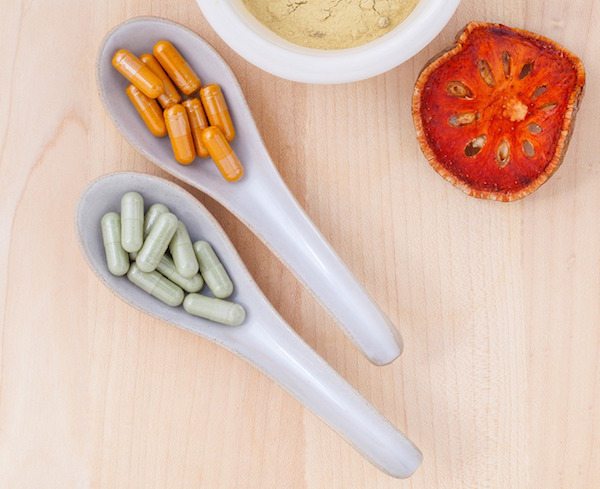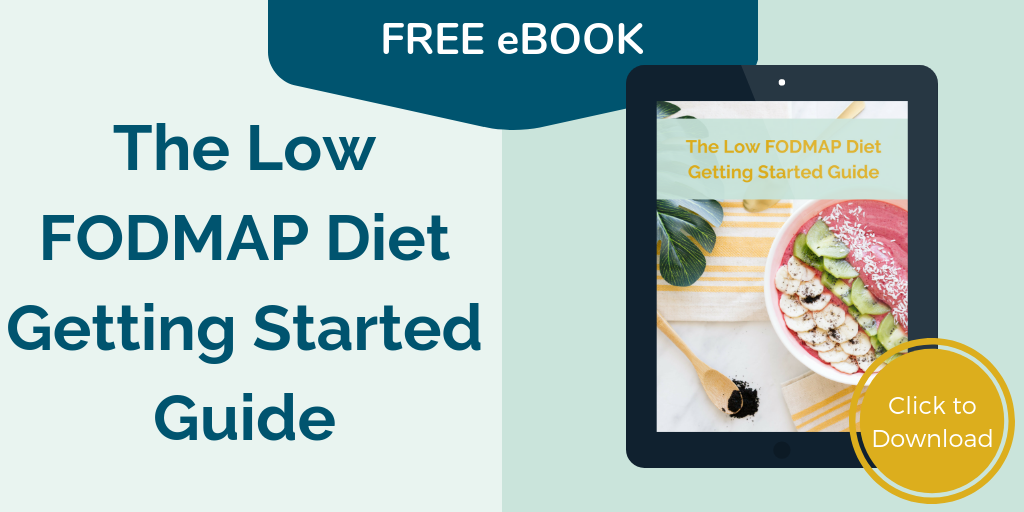IBS Food and Symptom Diary
How to Track your Food and Symptoms to Identify IBS Triggers
Digestive Relief Report 16: Do I NEED to keep a food journal?To get clear on your Triggers, download our checklist here https://stephanieclairmont.com/triggerchecklist
Posted by Stephanie Clairmont, RD on Wednesday, November 8, 2017
I often get asked by clients if keeping a food and symptom diary is really necessary to get them feeling better. I get it, it’s a lot of extra work. Taking the time to write down what you ate every time you have a meal or snack, and what happened when you went to the bathroom, plus having to carry your journal around with you everywhere you go or risk forgetting the details by the time the end of the day rolls around…the whole process can feel like it’s totally taking over your life! I know. I hear you! It is a lot to ask on top of life’s already crazy demands. If there was another way that was easier but just as effective I’d be all for it! But, unfortunately, no such option exists at this point in time, my friend.
Irritable Bowel Syndrome, Inflammatory Bowel Disease, and other digestive health conditions may share some common symptoms, but they are all experienced a little differently from one person to the next, and what triggers symptoms in one person won’t necessarily apply to everyone else. Because of this, there is no food list or one-size-fits-all plan that will work for everyone who suffers from gas, bloating, distension, constipation or diarrhea! Even with the low FODMAP diet which has a lot of science to support its effectiveness, adjustments need to be made for each individual person to get the best results. This type of tailored approach is how I got my life back after my IBS diagnosis, and it has become the foundation of the system I use to help my clients who are struggling.
The first step in this tailored plan is to identify your triggers. And you guessed it, the only way to do this to keep a food and symptom diary and track, track, track! The more data you collect, and the more accurate it is, the faster you will be on your way to getting clear about your individual triggers, what to avoid and what to include to help you finally feel better!
Wondering what else affects symptoms of IBS like gas, bloating, abdominal pain, diarrhea or constipation? You’ve got to understand more about the FODMAPs, poorly digested sugars that are the most common triggers in digestive issues. Download my free eBook – Click here to get a copy emailed to you right away.
Food and Symptom Diary Apps
There are a couple of apps out there that help you track your food and symptoms which some people find easier, so if that sounds like it would work better for you I encourage you try them out! One of these options is called Cara which many of my clients enjoy using! The app allows you to record your food by taking a picture of your meal or selecting foods from a database. The app also supports tracking changes in mood, bowel movements, and abdominal pain and will pull all your data together to provide you with insights and trends to help you identify your triggers.

Probiotics for IBS Symptom Relief
Recently in the news, it was announced that Cara has raised $2 million dollars in funding to add a microbiome component to their symptom tracking app. If they go ahead with the project, it will will be the first app of it’s kind to use your microbiome information along with food and symptom information to provide you with individualized recommendations. The new feature would be called Cara Biotics, and the goal is for it to use your food and symptom tracking data to tailor a probiotic formula that is personalized to your needs.
Unfortunately the research and science behind the microbiome isn’t advanced enough at this point in time for us to understand exactly how it affects our health and what can cause it to change. Until we fully understand this, it will be hard to create customized probiotics, as we won’t know the long-term effects of introducing different bacterial species into our microbiome. As intriguing as these types of technologies sound, it’s important to be cautious and critical of the evidence behind them, but it is exciting to think about the possibilities the future may hold when it comes to tailoring probiotics to your individual microbiome!
How to Identify Your Triggers
Whichever way you decide to go about it, here are the 5 things you must track while keeping a food and symptom journal if you want to get clear on your triggers and finally get relief from your digestive symptoms.
5 keys to keeping a food and symptom journal to help you identify patterns and get clear on your triggers
1. What you eat and when you eat
Be as specific as you can with what you’re eating, down to the brand of food if you prepared it yourself! Timing will help you determine your transit time and how long it might take between ingesting a food and symptoms showing up – it’s not always immediate!
2. Your symptoms
The more descriptive you can be, the better! Describe how to feel before and after eating, your hunger and energy levels throughout the day. Also rate the severity of your symptoms on a scale of 1 to 10. The road to symptom relief can be slow, so keeping track of this will help you see that progress is being made, even when you feel like it isn’t.
3. Bowel movements
Use the bristol stool chart to identify the type of bowel movements you are having. Using the chart to identify your type of stool will help your health care professional to understand exactly what is going on and be on the same page. Instead of having to get creative with your vocabulary and describe what you are seeing in the toilet, you can just let them know which number on the chart 😉
4. Potential triggers
You know your body best, so if you suspect that a certain food is triggering your symptoms, or if you think that stressful events or other behaviours may be related to your symptoms, it’s worth making a note to discuss with your digestive health dietitian. There are many other health behaviours other than diet which can impact the functioning of your gut and bowels.
5. Plan for self-care
We know that mental health and gut health are closely connected, so be sure to write down your plan for self-care each day. Writing down your intention and taking steps to plan it into your day will make you a little more likely to follow through.Taking steps to get your mental health in tip-top shape will have a positive impact on your git health, so why not get started now! If you find you never have the time for self-care and are constantly struggling with symptoms no matter how many foods you cut out, this could be an indication that you need to make self-care more of a priority.
If you’ve been struggling with IBS, IBD or other digestive health conditions for months, years, or even longer, know that this doesn’t have to be your new normal. It may take some work, but getting to know your body and your individual triggers will be well worth the time and effort to help get you feeling better. If you’re ready to start tracking, I have everything you need inside the Clairity Program. It’s all about helping you get clear on your triggers and guiding you through a step-by-step plan to help you find relief from your symptoms. I’m here if you need me, my friend!
Wishing you much love & wellness,
Stephanie


